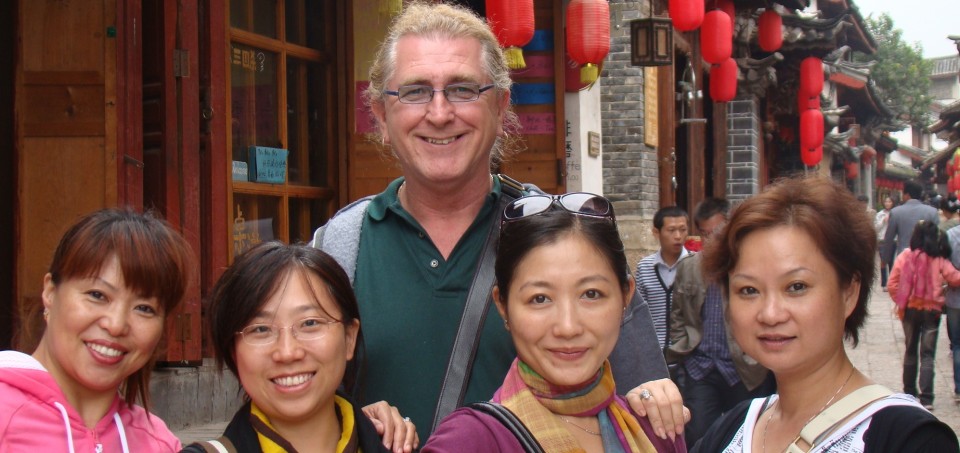by Patrick Nohrden
Note: Since this article was first published in November 2008, world political and financial situations have changed. Some things never change.
Hurricanes Katrina and Rita saw a new depth to which national politics could go. The government, and in particular President Bush, were blamed for not being prepared for the hurricanes, for not responding fast enough in the aftermath of Katrina, and for allowing Big Oil to reap such fantastic profits. What?
Last week, Congress held hearings to learn just how it was that the big oil companies could make such large profits in the wake of America’s busi¬est storm season in memory. How dare they? With the misery of so many people who had to pay more than $3.00 per gallon of precious gasoline to fill up their SUV’s, the big oil companies should not have been making a profit. That would be un-American.
Now, with the pressure of big storms gone, the political pressure seems greater still, as President Bush is obligated to predict and prevent the next big disaster, Bird Flu. Bird flu has killed numerous people in Asia, includ¬ing China. The official scare is that the virus, which has never before been transmitted from person to person, may do that in the future. It is the next big threat from China, after SARS in 2003 and the Black Death of 1509.
Following the 2003 SARS scare, China wants nothing more to tarnish its improving world reputation. Especially, China, which now boasts the fastest economic growth of all nations, wants nothing to slow down that growth. According to BBC World News, as of November 5, 2005, since the disease re-emerged in 2003, there have been at least 60 human deaths associated with H5N1 (Bird Flu). Many of these deaths were in China.
SARS saw a drastic decrease in tourism in 2003, and a shocking reduc¬tion in productivity in areas hit hardest by the epidemic. With SARS in the past and emphasis being placed on prevention, the bird flu has already become a major concern to China. The fear of Bird Flu is so great that on November 1, 2005, President Bush unveiled a $7.1 billion plan to prepare for an imagined pandemic. This money will come from our general treasury when it is approved by Congress.
The Chinese government has been inspecting chicken farms throughout the country. If they find any chickens infected with bird flu, all the chickens in the area are killed. For his loss, the farmer is paid ten yuan (about $1.25) for each bird killed. The chicken farmers are hoping for bird flu, because ten yuan is about twice the amount they normally get for their chickens. This is surprising when you consider the fact that most of China’s farmers have not received their government stipends in years.
But government works differently in China. The Chinese president did not place a bill before the Chinese People’s Congress asking for appro¬priations to pay the farmers. Instead, at least in Jinzhou, the public school teachers are paying for it.
Government inspectors recently discovered two chickens with bird flu near the city of Jinzhou in Liaoning Province in northeast China. Ma Jing is a math teacher at Middle School Number 4 in Jinzhou. She earns about 1,200 yuan per month, or 1,000 yuan after normal taxes. That is about $125.00. For northeast China, it is a decent salary, and since most people in northeast China do not have car payments, mortgages, or credit cards to pay, it is adequate. However, on November 10, 2005, Ma Jing was told that on Monday, November 14, 2005, she has to fork over 200 yuan to help pay the farmers for their chickens. Some teachers pay more, some less, depending upon their salary. Li Laoshi, a Chinese teacher at the same school, must pay 400 yuan. But the teachers must pay. It is their obligation to help support and protect society.
The farmers are ecstatic. They are getting more than twice the market value for their birds. The teachers are angry, bewildered, and helpless. Perhaps the government considers their teachers to be overpaid. After all, the monthly wage for an average urban dweller in China is 500 yuan, or about $63.00. Or perhaps there is a connection to the Cultural Revolution in the late 1960’s and 1970’s when teachers were forced out of the schools to become farmers, and without any additional education, the farmers became the teachers, the teachers of those who are now in charge of the current government.
KFC will certainly suffer in China, a country that teems with KFC franchises. Jinzhou boasts two KFC franchises, and already they are losing money. But last year, KFC was fined by the Chinese government for mak¬ing excessive profit. That is truly difficult to understand.
Historically, the Chinese emperors would levy disproportionate taxes on certain elements of Chinese society in order to pay for wars, flood recovery efforts, or to fight against famine. Those elements of society that did not pay the tax were the elements that the government feared the most. But those who were taxed would revolt, and a new dynasty would be born. In 1949 it was the farmers who revolted. In 1966, it was the farmers again, who revolted against the teachers. In 2005, the teachers are being held responsible for China’s latest crises. History is repeating itself.
In China, there is no constitutional prohibition on this sort of tax apportionment. The United States Constitution would never allow such a tax apportionment—unless you are an oil company.
